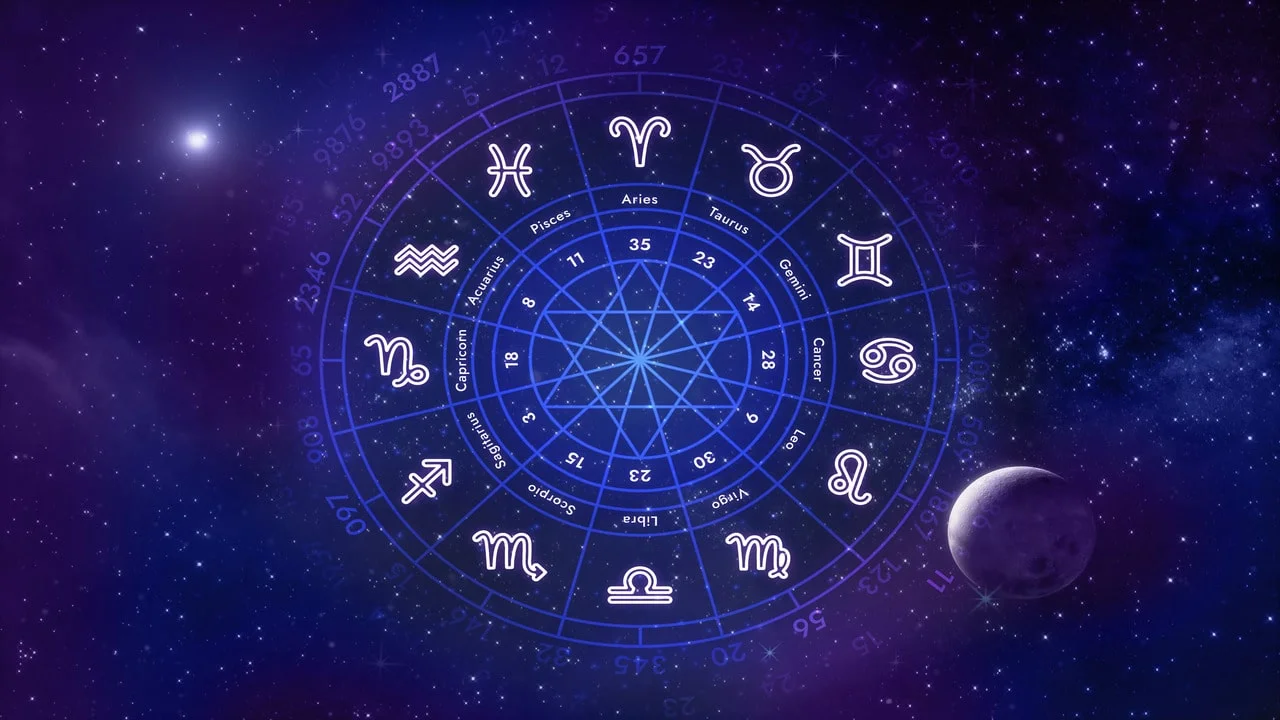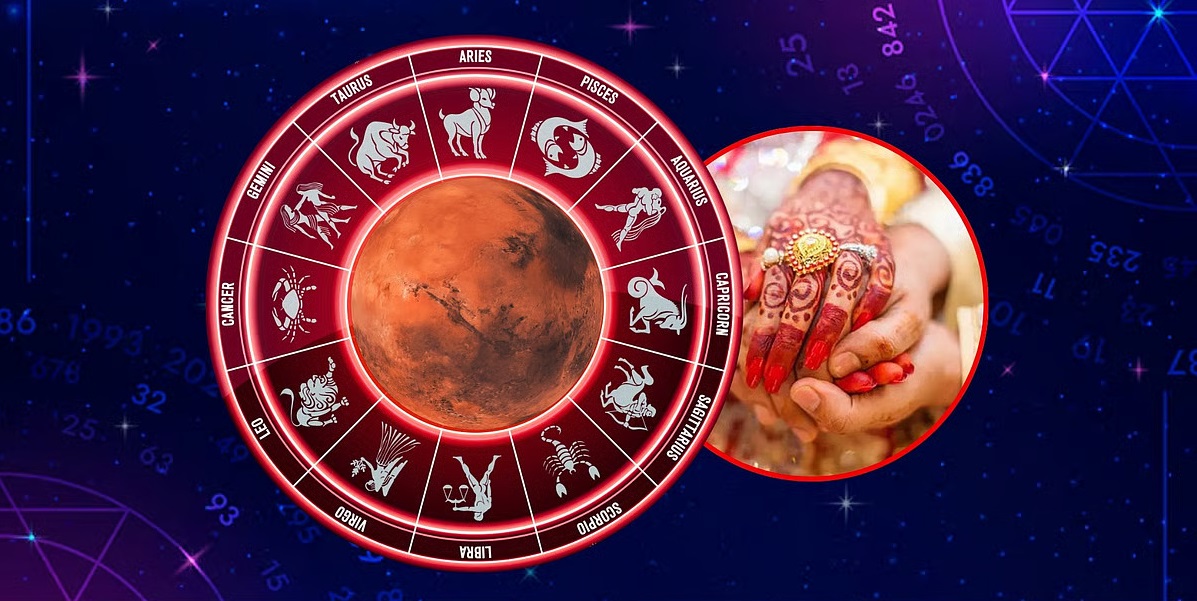Introduction
Astrology, the ancient study of celestial bodies and their influence on human affairs, has captivated civilisations for millennia. From the Babylonians to modern-day enthusiasts, astrology offers insights into personality, relationships, and life's purpose. If you're new to this cosmic journey, this guide will illuminate the basics and set you on a path of self-discovery.
What Is Astrology?
At its core, astrology examines the positions and movements of celestial bodies, like planets and stars, and interprets their impact on human behaviour and events. Astrologers provide insights into individual personalities and life trajectories by analysing these cosmic patterns.
A Brief History of Astrology
Astrology's roots trace back to ancient Mesopotamia, where early civilisations observed celestial patterns to predict seasonal changes. The Greeks later refined these observations, introducing the zodiac system. Simultaneously, Vedic astrology (Jyotish Shastra) developed in India, emphasising karma and spiritual growth.
Western vs. Vedic Astrology
Western Astrology: Based on the tropical zodiac, it aligns with the Earth's seasons. It emphasises psychological aspects and personal growth.
Vedic Astrology: Utilises the sidereal zodiac, aligning with constellations. It focuses on karma, life events, and spiritual evolution.
Understanding Your Birth Chart
A birth chart, or natal chart, is a snapshot of the sky at your exact time and place of birth. It serves as a cosmic blueprint, detailing planetary positions and their influence on your life.
Key Components:
Planets: Represent different energies and facets of personality.
Zodiac Signs: Twelve signs that colour the expression of planetary energies.
Houses: Twelve segments representing different life areas, from relationships to career.
Aspects: Angles between planets, indicating how they interact and influence each other.
The Big Three: Sun, Moon, and Rising Signs
Sun Sign: Your core identity and ego.
Moon Sign: Represents emotions, instincts, and subconscious.
Rising Sign (Ascendant): Your outward behaviour and the first impression you give to others.
Understanding these three provides a comprehensive view of your personality.
Why People Follow Astrology Today
In our fast-paced world, astrology offers a sense of order and insight. Many turn to it for:
Self-awareness: Gaining insights into personal strengths and challenges.
Relationship guidance: Understanding compatibility and dynamics.
Life planning: Choosing auspicious times for events based on planetary movements.
How to Begin Your Astrological Journey
Obtain Your Birth Chart: Use online tools or consult an astrologer with your birth date, time, and location.
Study the Basics: Familiarise yourself with zodiac signs, planets, and houses.
Observe Transits: Track current planetary movements and note their effects on your mood and events.
Join Communities: Engage with astrology forums, workshops, or local groups to deepen your understanding.
Conclusion
Astrology is more than daily horoscopes; it's a profound tool for self-exploration and understanding the universe's rhythms. By delving into your birth chart and observing celestial patterns, you embark on a journey of insight and empowerment.
Disclaimer: This article is for informational purposes only and does not constitute professional advice. Read our full Disclaimer.












Recent Comments
No comments yet.